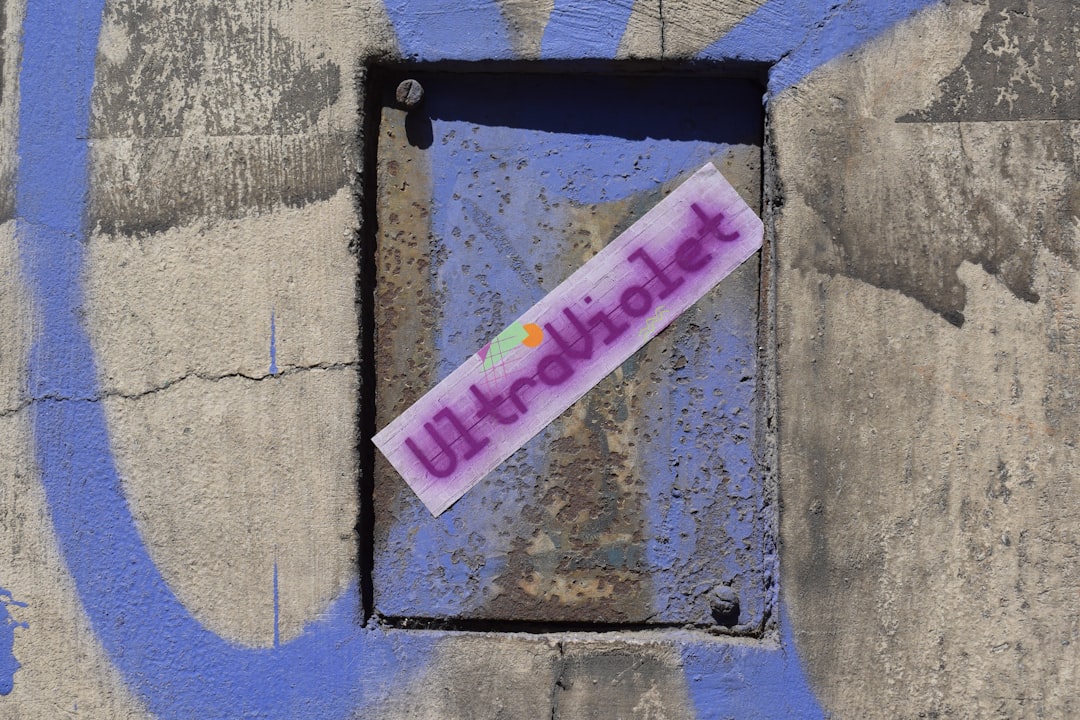The New Renaissance: Will AI Unlock Human Potential or Outshine It?
Imagine a world where every tedious task is delegated to intelligent machines—paperwork sorted in seconds, data analyzed before you’ve had your morning coffee, creativity boosted by digital collaborators. It sounds like science fiction, but for many workers, it’s rapidly becoming a lived reality. As AI penetrates deeper into the fabric of our work lives, it’s worth asking: Are we becoming obsolete—or are we being freed to rediscover what makes us most human?
Consider the parallels to the Renaissance, an era when new technology—namely, the printing press—unleashed a wave of literacy, innovation, and creativity across Europe. Suddenly, ideas spread as swiftly as data flows today, spurring collaborations that reshaped art, science, and philosophy. But there was anxiety, too. What value would scholars and scribes have when so much could be mechanized?
Today, AI may be our modern equivalent, but with an uncanny twist: it not only spreads information but also helps create it. Art, music, language, and science—all fields where AI now lends a “digital hand.” The tools we build seem smarter, faster, and stronger by the month.
Yet, the real transformation may not be about replacing workers, but redefining work. What if AI liberated us from rote tasks, giving us more space for empathy, imagination, and human connection—the very qualities that machines (for now) can only imitate? Could the rise of AI trigger a new renaissance, unleashing creativity in ways we’ve only begun to imagine?
Or, as history has sometimes shown, will we move so quickly we forget to ask how technology should serve us?
This article was inspired by the headline: 'Smarter, faster, stronger: how AI is transforming the workforce'.

Comments
No comments yet. Be the first to comment!